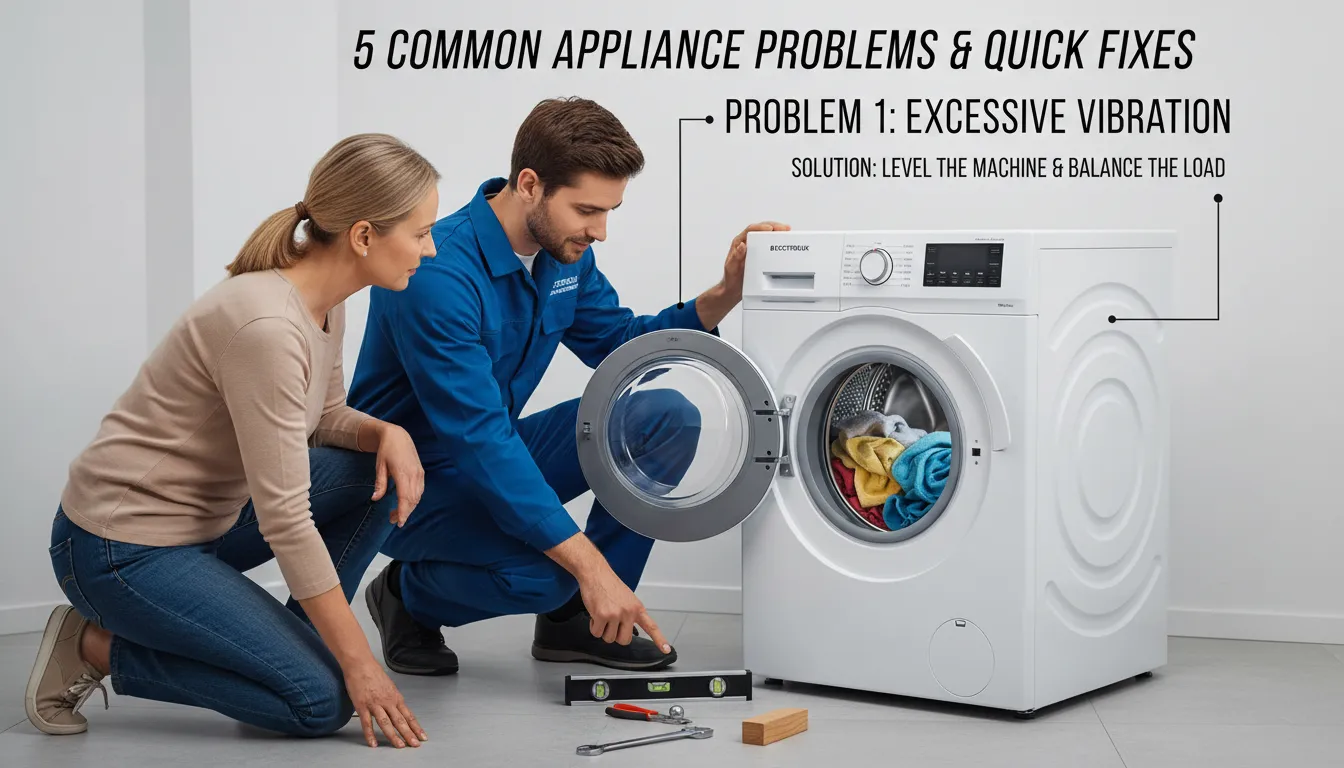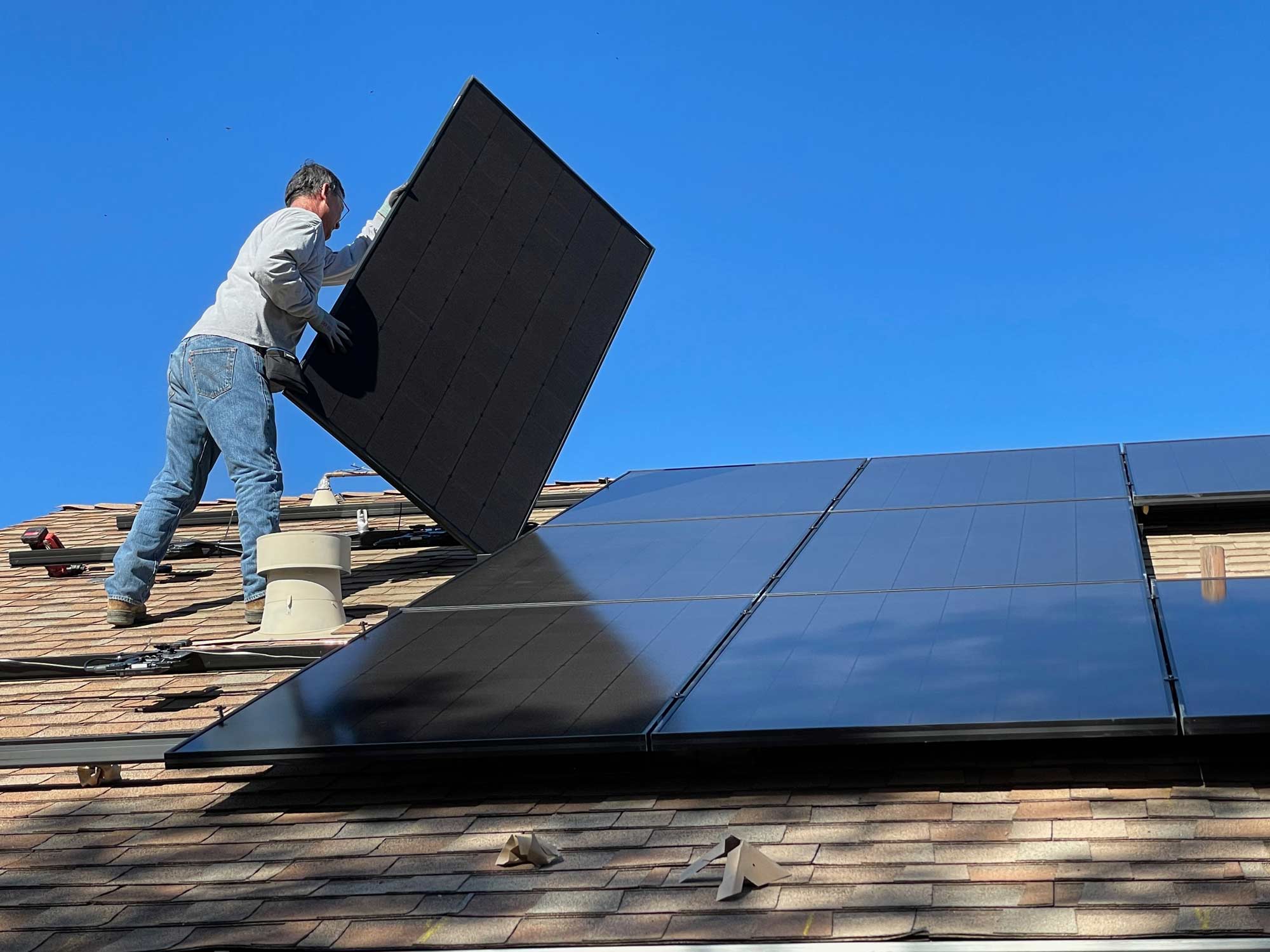
You've decided to go ahead and put solar on your Utah home because you want to save energy costs, save money, and save the planet. The first thing you're going to ask the appraiser or your real estate agent is, "Hey, how much value do these solar panels add to my Utah home?" In reality, most of the time they don't add any value to your home. The reason for that is they must be owned outright. So most people get power purchase agreements or leases, or they get a loan on the panels, and most loans are classified as personal property as far as the solar panels go. So, unless you own the panels outright, the appraiser is not likely going to be able to give you value. The only time when there's a loan on the panels that they can is if the note holder is not allowed to remove the panels in the event of default, but that's a pretty rare case.
Now, how much value do they add when you do own them? Well, just like most improvements that you do on a house, they're not likely to add more than they cost, especially with a new cost. According to the U.S. Department of Energy, solar panel costs have decreased significantly but still represent a major investment. The majority of the time, the panels, when new, are generating in the neighborhood of $2 to $2.50 per watt. Sometimes you get $3 per watt. And then the older they get because of degradation and just the loss of life on them, you tend to lose value on that front, too, when you have a current value. So we'll do a cash flow analysis, a discounted cash flow analysis to determine the current value. What we're seeing, again, most part is about $2 to, at most, $3 per kilowatt on your solar panels.
The next thing you want to ask is, "What happens if I get the power purchase agreement or the lease?" It's no money down, that type of thing. In reality, because you don't own them in those cases, they're not allowed to be given value. You also need to be careful with the power purchase agreement and the leases because they need to be able to be transferred. It'd be hard to sell it. Fannie Mae also requires, in those cases, even for a loan to be made on a house, that you not be separated from the grid and that you are not just fully operational on the solar panel. So, in reality, the only way to get real value as far as value added to your home on an appraisal with solar panels is to purchase them outright.
So now you've decided to buy solar panels and put them on your Utah home. Here are a few things you need to make sure no matter what you do, whether you buy them outright, whether you get a lease or a power purchase agreement, whatever decision you make, here's something to get the most out of your solar panels.
Explore Utah Real Estate
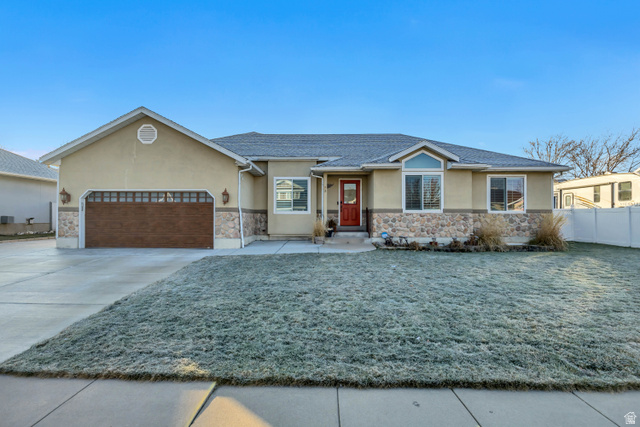
83 W 850 S, Centerville, UT
$815,000
Bedrooms: 5 Bathrooms: 3 Square feet: 3,999 sqft
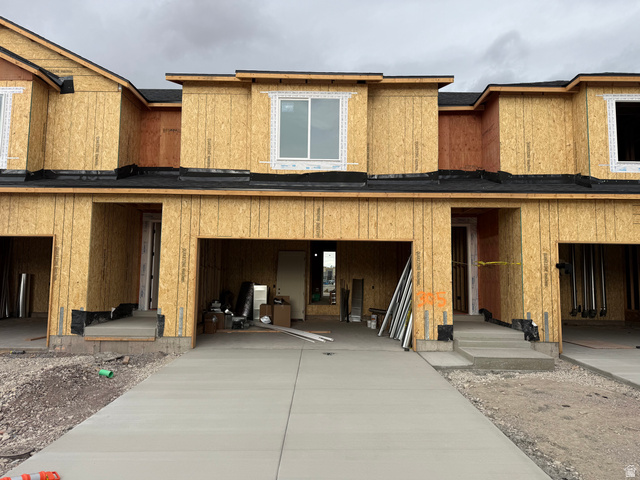
653 E RYEGRASS DR #305, Eagle Mountain, UT
$387,900
Bedrooms: 3 Bathrooms: 3 Square feet: 1,985 sqft
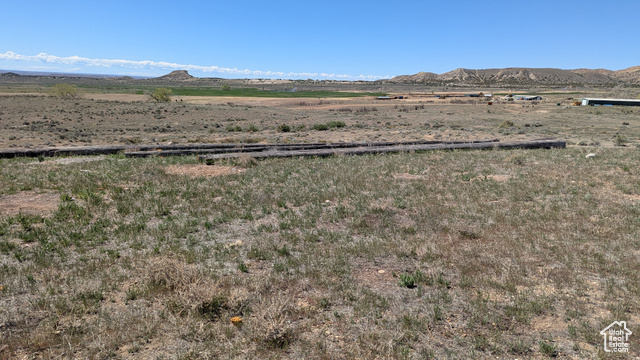
2098 E GOOSE RANCH RD, Vernal, UT
$103,000
Square feet: 274,864 sqft
Solar Panels Can Void Roof Warranty
Number one, solar panels can void your roof warranty if they're installed separately from your roof or by someone who did not install your roof. So if you're not doing your roof at the same time, you want to make sure you either have your roof company find out if they do solar and will come out and do it, or you're going to have to have the solar company do your roof as well to make sure that you have a warranty that's usable on that. That's something that people have run into pretty often and aren't aware of.
Solar Panels Need to Point Due South
Number two, you want to have as many of your panels as possible pointing due south. Now, the reason for this is that's where the sun is. The sun is where we want to get our energy from. We need to point the panels due south on our roof, as much as possible. When you don't point them due south, when you go east or west, you lose about 15% of the energy efficiency of the sun. And if you're pointing them north, they run about 30% less energy efficiency. So you're really losing some major energy there.
More Properties You Might Like
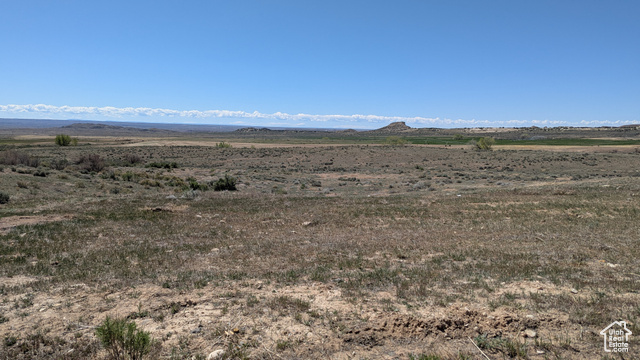
2148 E GOOSE RANCH RD, Vernal, UT
$116,000
Square feet: 309,276 sqft

2031 N LAVA ROCK CIR #107, St George, UT
$4,185,000
Bedrooms: 4 Bathrooms: 5 Square feet: 5,404 sqft

6668 S 3200 W, Spanish Fork, UT
$2,074,000
Bedrooms: 3 Bathrooms: 3 Square feet: 2,560 sqft
Solar Panels Need to Be Angled Properly
The other thing you want to do is have them put at an angle on your home. You don't want them flat on your roof. They're supposed to be slightly less than the latitude of where you live. We're at about 31 to 32 degrees latitude here in St. George Utah in most areas, so you want the panels to be at an angle of about 30 degrees. Again, pointed due south to get maximum energy from the sun.
Inform your Appraiser
Now, if you're going to be getting an appraisal done on your home for a refinance or something like that, you're going to need some information for the appraiser. Number one, if you have leased or power purchased just tell them that so that they can note that. But again, in that case, they can't give them value. And if you have a loan, you need to get them the information on that so they can determine how the loan is structured and if it can be given value in that situation.
Now, if you own the panels outright, what the appraiser's going to need is what's called the plan set. The solar installer will give you that at the time of installation. The plan set will give them all the specs on what angle they're on the roof, the installation date, the size of the panels, the size of the inverters, and the size of the system. That's all-important for the appraiser to help determine the value that you need for those solar panels. This is a great time to remember, if you are having an appraisal done and you have solar, to make sure that your appraiser actually is qualified to do a solar evaluation on the homes. That they've taken the courses and understand how to extract the solar value from the market, the various methods that are done. So make sure that you get a Utah appraiser with solar experience and solar knowledge so that you can get appropriate value for solar panels.








